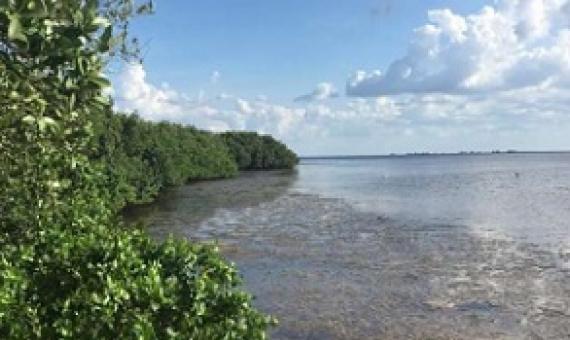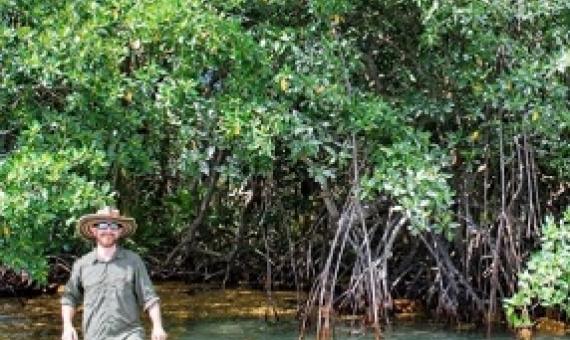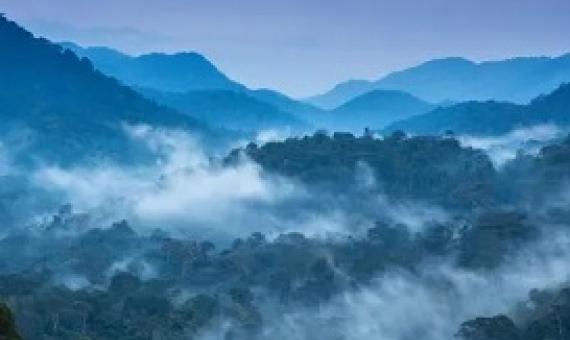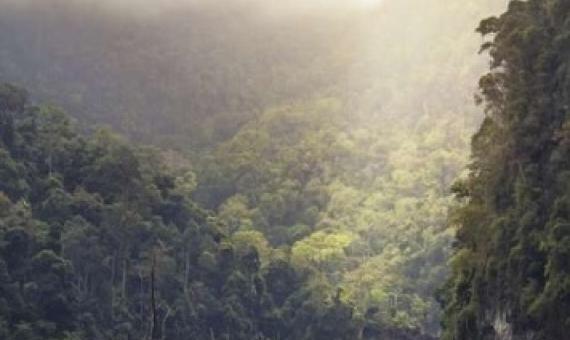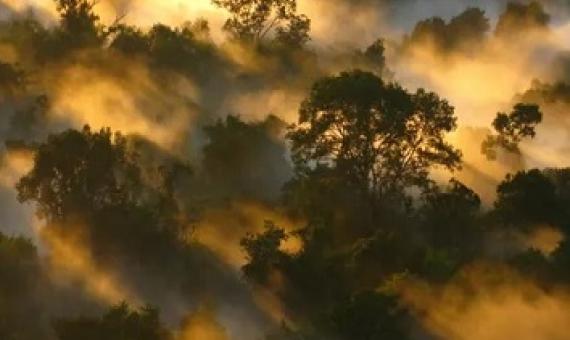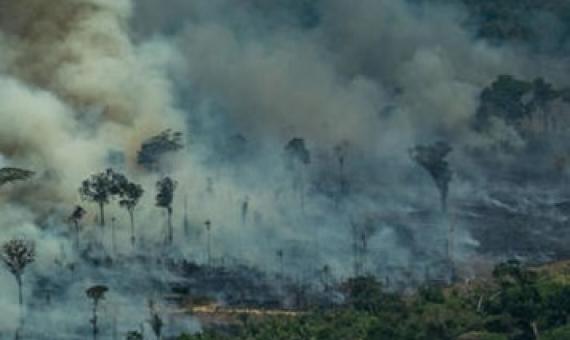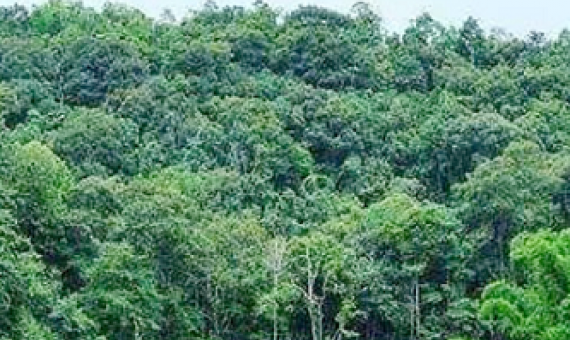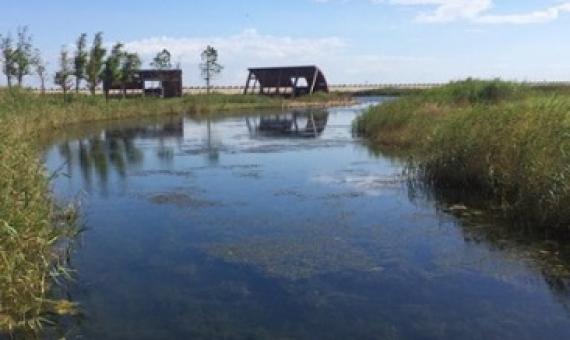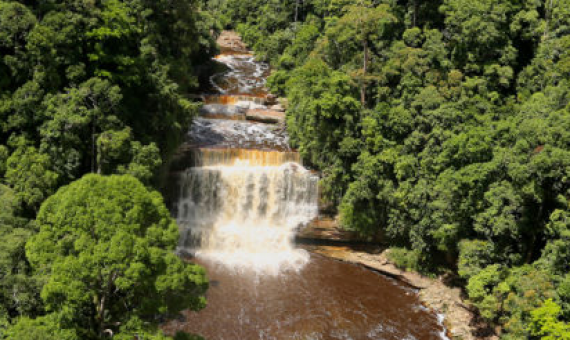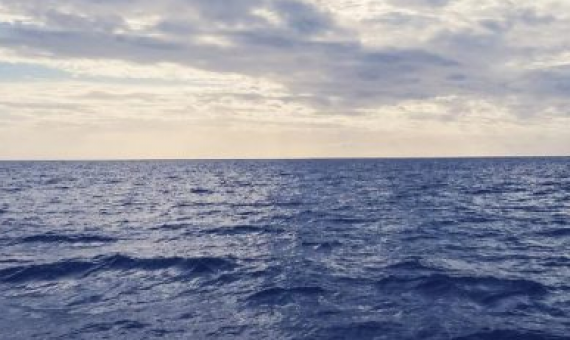Mangrove trees—valuable coastal ecosystems found in Florida and other warm climates—won't survive sea-level rise by 2050 if greenhouse gas emissions aren't reduced, according to a Rutgers co-authored study in the journal Science.
Mangrove ecosystems are one of the most valuable in the world, not only for the habitat they provide for wildlife, but also because they prevent coastal erosion and absorb and store carbon dioxide from the atmosphere.
Scientists have shown to be true what JRR Tolkien only imagined in the Lord of the Rings: giant, slow-reproducing trees play an outsized role in the growth and health of old forests. In the 1930s, the writer gave his towering trees the name Ents.
Tropical forest ecosystems are an important part of the global carbon cycle as they take up and store large amounts of CO2. It is, however, uncertain how much this ability differs between forests with high versus low species richness.
Tropical forests are taking up less carbon dioxide from the air, reducing their ability to act as “carbon sinks” and bringing closer the prospect of accelerating climate breakdown.
An expansive study traced the growth of 300,000 trees over three decades in Africa and the Amazon and compared how forests on the two continents were faring.The researchers estimate that intact tropical forests absorbed 46 billion tons of carbon dioxide from the atmosphere in the 1990s, but this
Tropical deforestation is having a greater impact on the global carbon cycle than was previously realized, according to new research.
A restored and carefully managed wetland on the Chinese coast is a much larger carbon sink than a natural marsh nearby. Since 1970, 35% of global wetland habitat has disappeared, largely owing to human activity.
A study of human activity within thousands of conservation spaces in over 150 countries suggests that - on average across the world - protected areas are not reducing the "anthropogenic pressure" on our most precious natural habitats.
More than two-thirds of the planet is covered by ocean, but these waters have not received their due in terms of research dollars or public attention.

